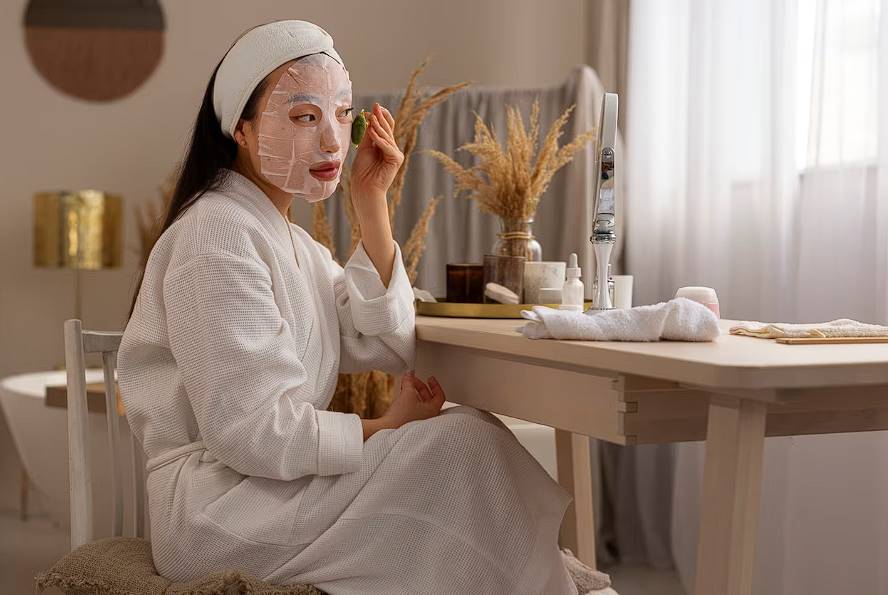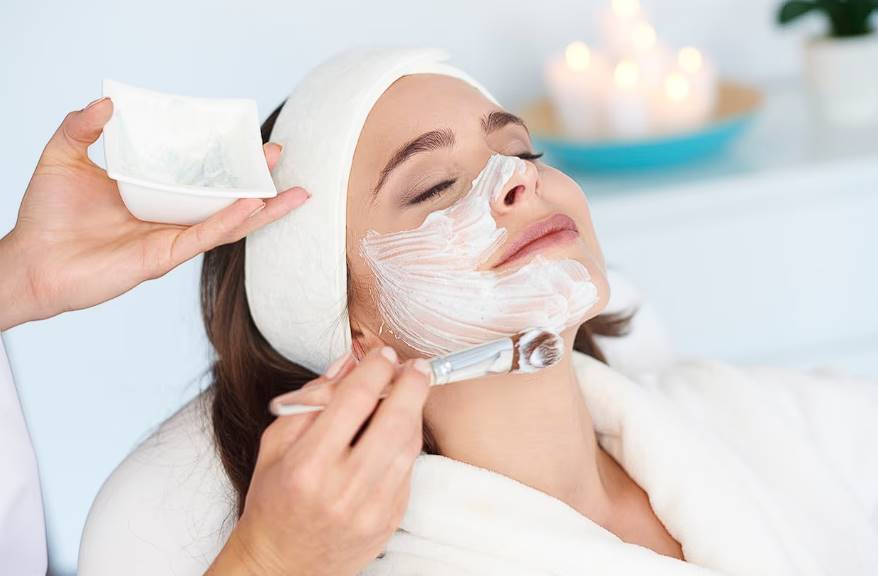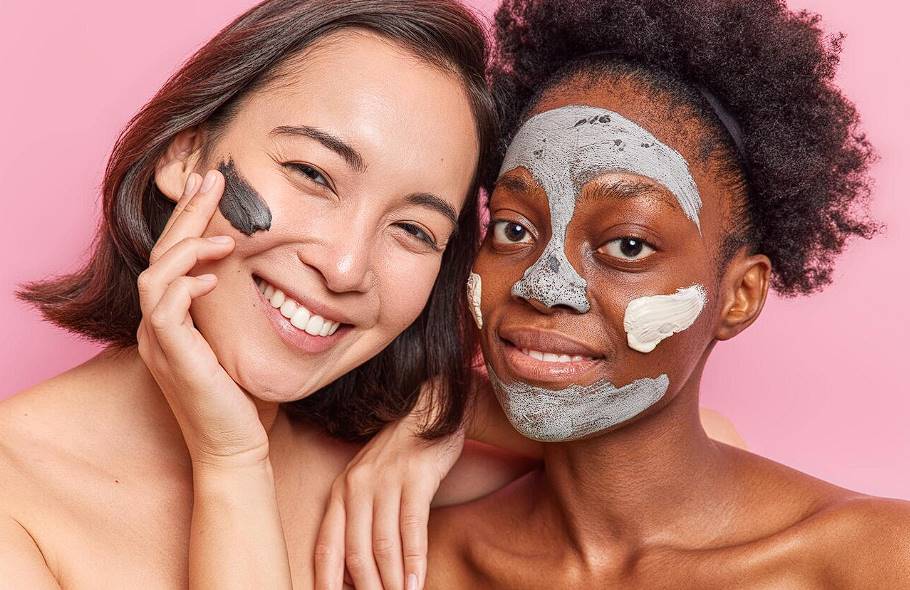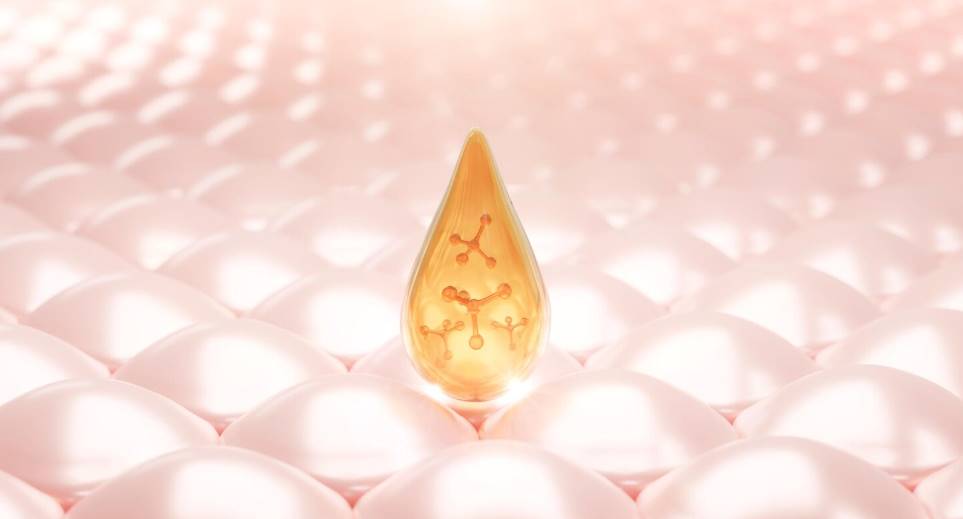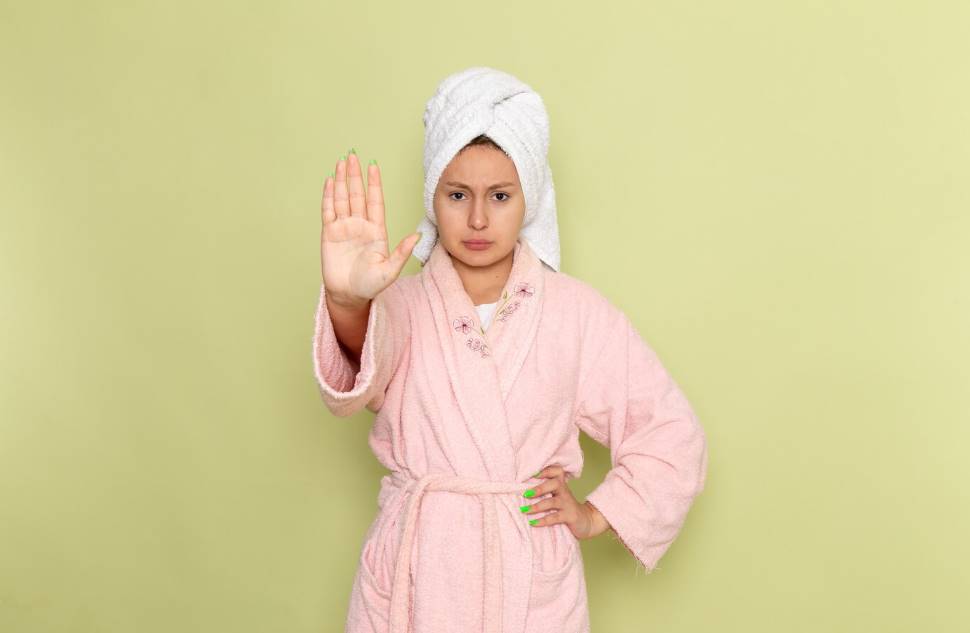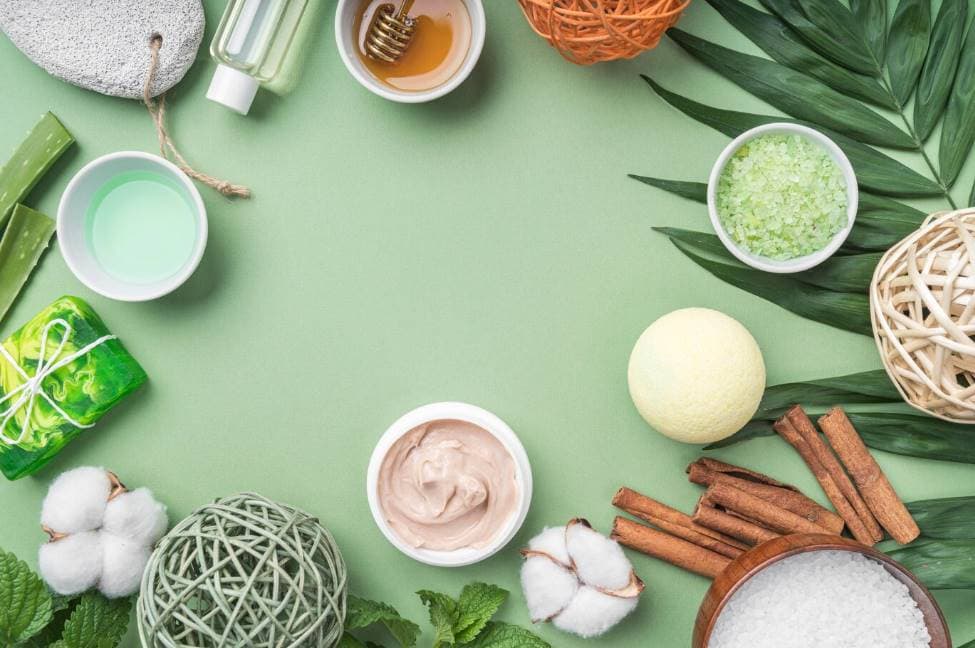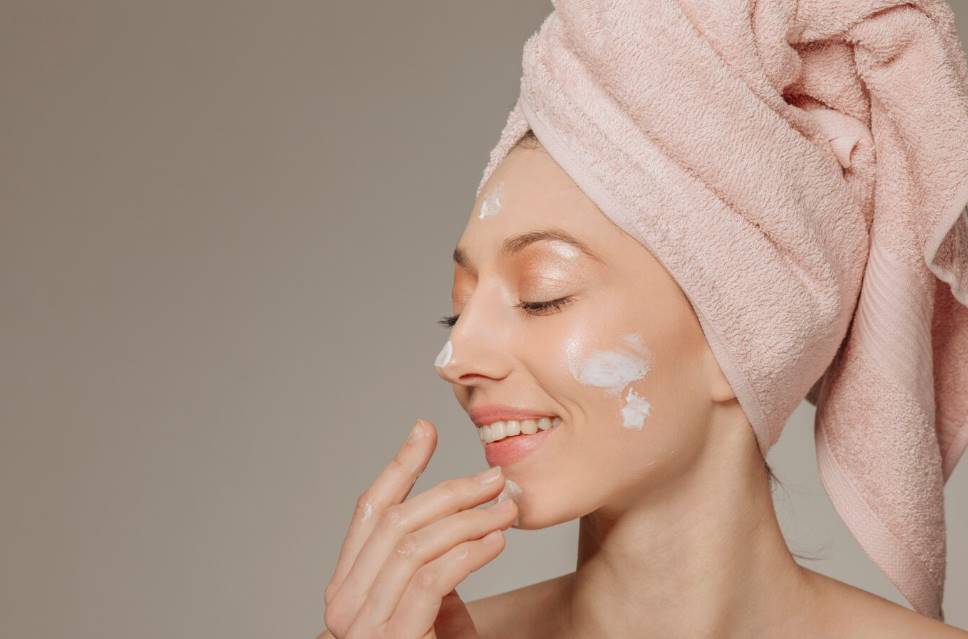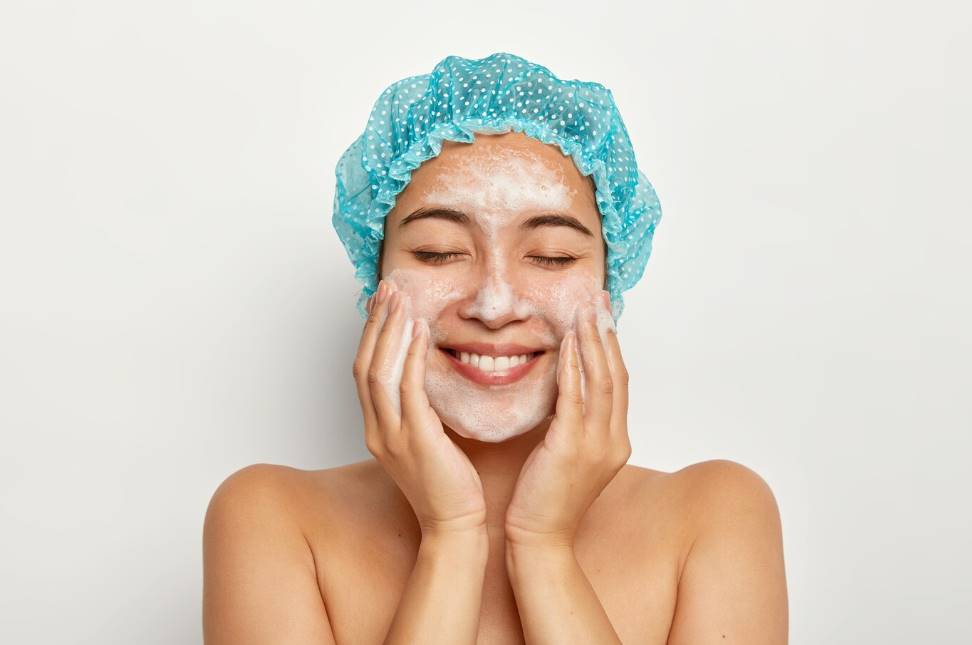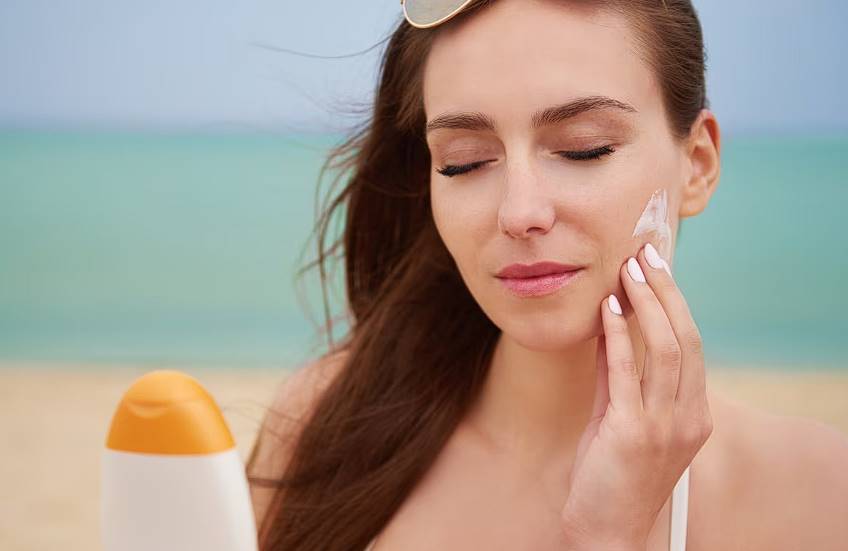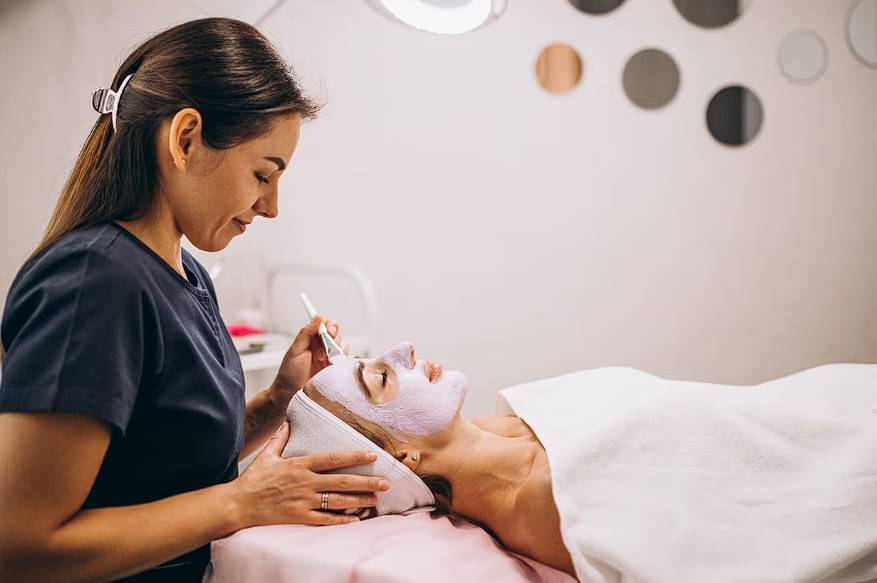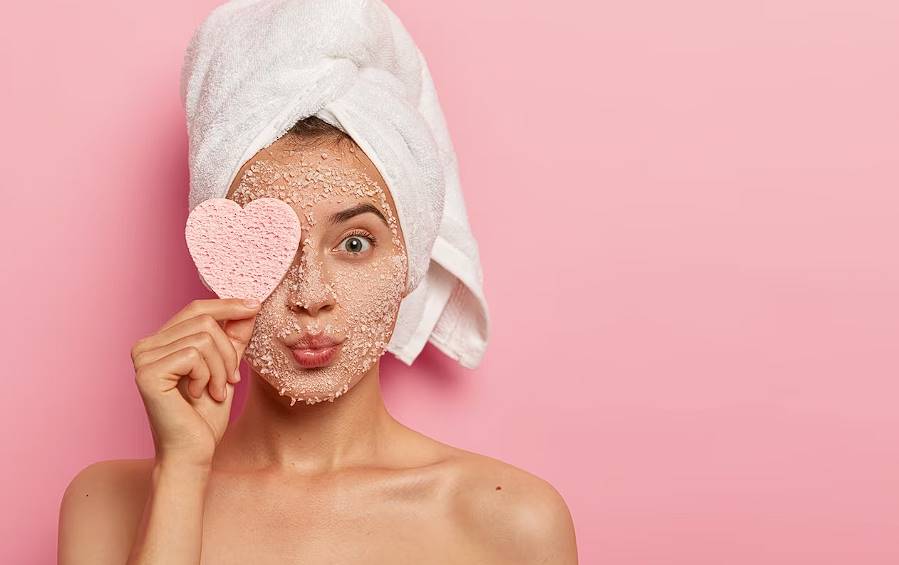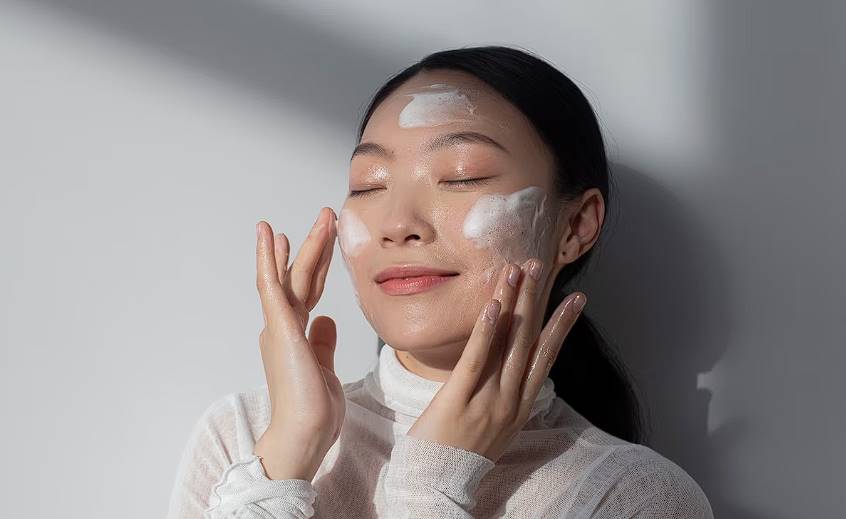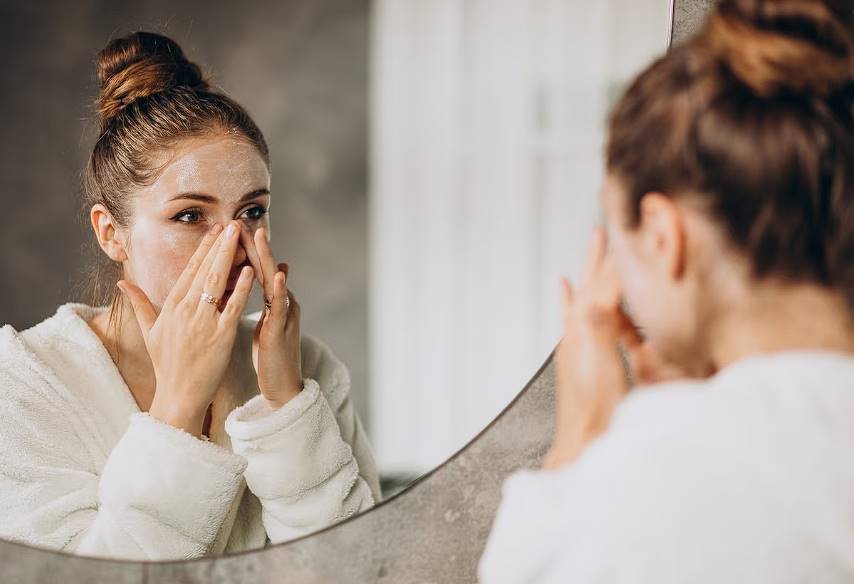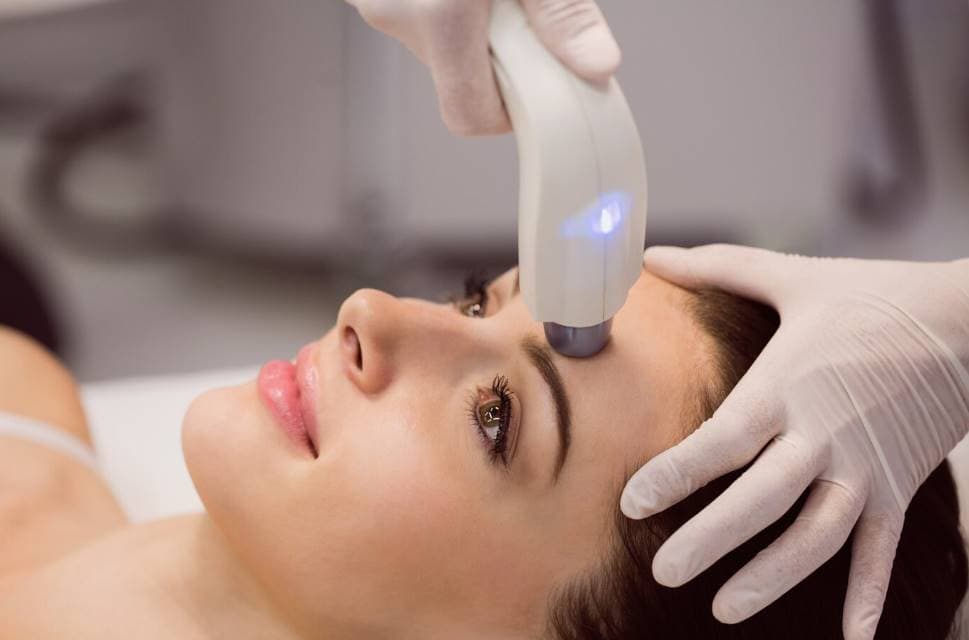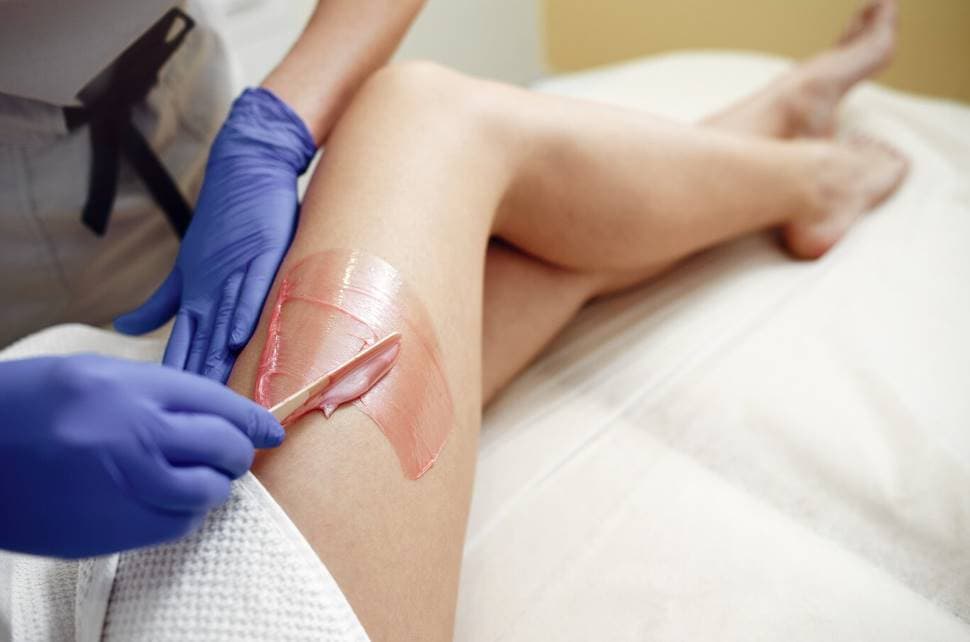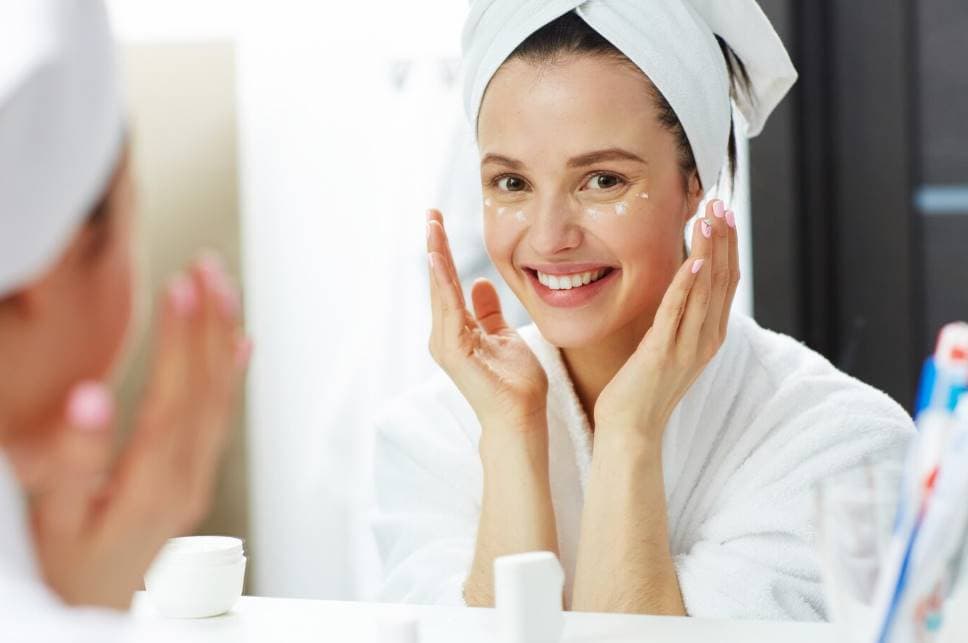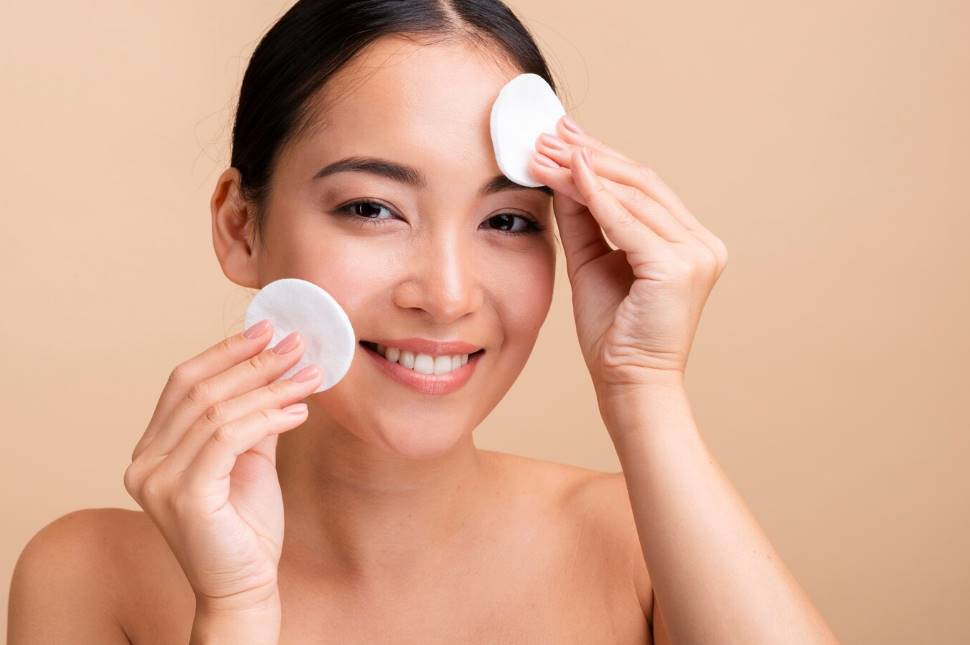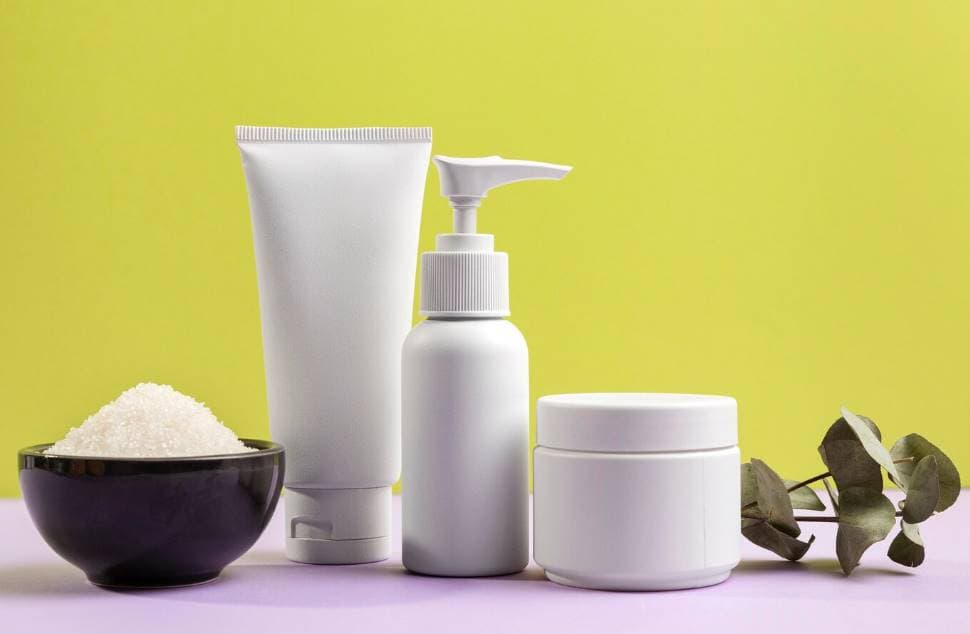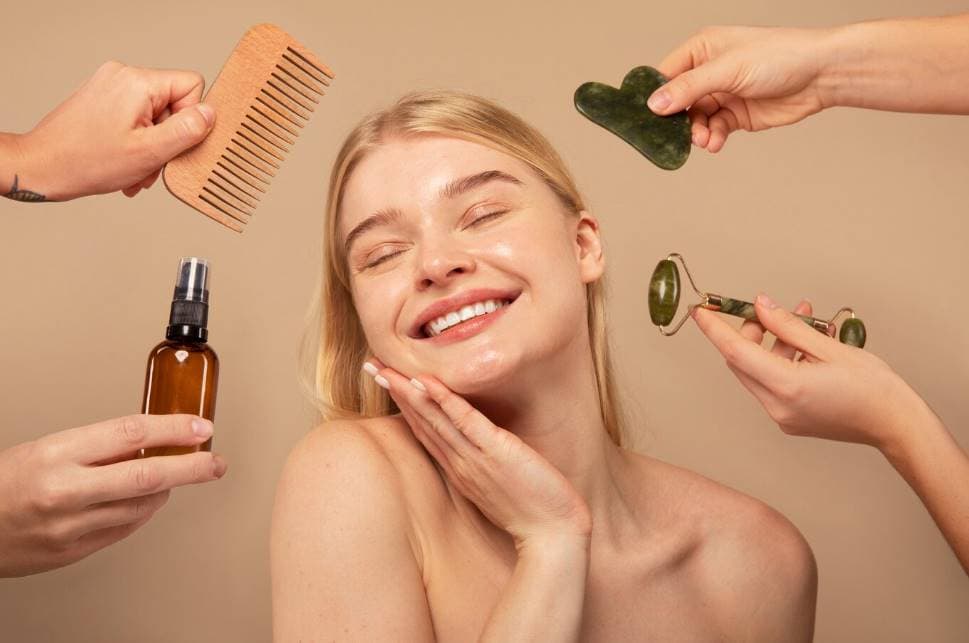Understanding your skin type, pinpointing your unique concerns, and selecting products that are suited to your needs are all steps on the path to developing an effective skincare routine. Cleansing is the first and most important step in any skincare programme.
You must have a mild, sulfate-free cleanser that is appropriate for your skin type. To prepare the skin for following products, cleansing is necessary. Applying a toner after cleansing is highly recommended. There are many benefits provided by toners, including pore tightening and improved product absorption.
Exfoliation comes after cleansing and toning the skin. You can improve your skin's texture and the efficacy of other skincare products by exfoliating twice to three times a week.
Chemical exfoliants, which include enzymes and acids like AHAs and BHAs, are another option. Physical exfoliants include fine particles for hand exfoliation. Find an exfoliation that works well with your skin's natural sensitivity.
Next in your routine should be serums and treatments. Targeting specific issues including hyperpigmentation, fine wrinkles, and acne, these products are extremely potent. Serums with hydrating compounds like hyaluronic acid or brightening elements like vitamin C tend to be best sellers.
Retinoids, amongst other treatments, can also promote collagen formation and skin rejuvenation. Always perform a little patch test before fully committing to a new product, and ease into it to see how your skin reacts.
After treatments, moisturising is essential. Even if your skin tends to produce excess oil, you still need to use a non-comedogenic, lightweight moisturiser. In addition to protecting the skin from the drying effects of the environment, moisturising products also help keep the skin supple.
Finally, remember to use sunscreen. Sun damage, including accelerated ageing and skin cancer, can be avoided by using a broad-spectrum sunscreen with an SPF of at least 30.
How to Start a Skin Care Routine
No matter your age, you should always include these two stages in your daily skin care routine. Their dual purposes are for hygiene and hydration. Find a cleanser that is mild on your skin but effective in getting rid of grime, oil, and makeup. An effective moisturiser helps protect your skin from environmental aggressors.
Many people find that their routines benefit from a third component, which is often referred to as "toning." Numerous toners exist, each with its own unique purpose. This is done after cleansing but before moisturising.
There are a wide variety of skin care products available that can be tailored to your individual needs. Oily, dry, and combo skin types can all find suitable skincare products.
Instead of making a haphazard selection, it's best to get advice from an expert on which products would work best for your skin type. Trying too many new items at once might be harmful to your skin and make it hard to discern which ones are effective.
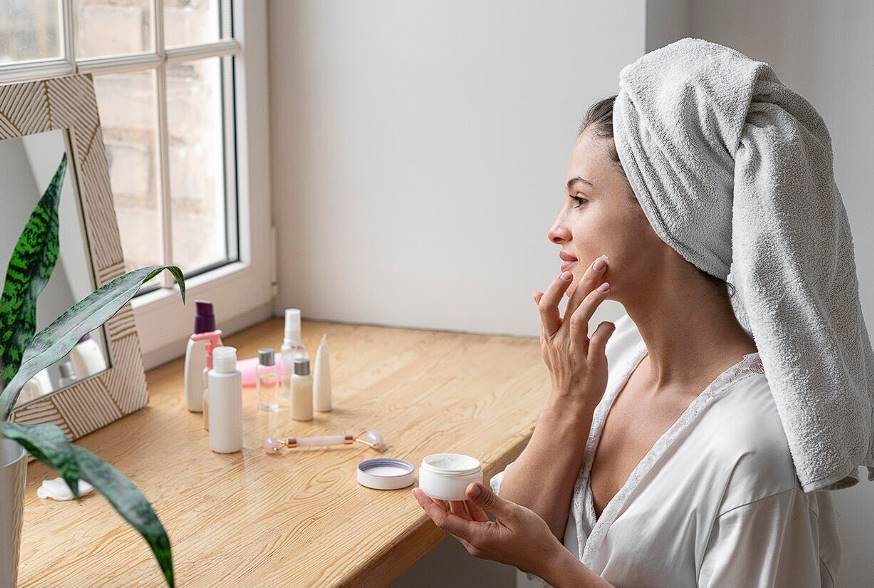
The Perfect 9-Step Skincare Routine
Embarking on a skincare routine involves more than just the products you use; it's about the sequence in which you apply them. From the initial cleanse to the final protection, each step has its place. The steps of an effective skincare routine are as follows:
Begin with a Clean Slate
Morning and evening, initiate your routine by splashing your face with water. Work a mild cleanser into a lather in your hands and gently massage onto your face. Rinse thoroughly using circular motions. For makeup enthusiasts, start with a cleansing oil or micellar water to remove makeup, and give extra attention to eye makeup using a dedicated remover.
Tone Up
Toning is the bridge between cleansing and nurturing. Dab some toner on your palms or a cotton pad and sweep across your face. If it contains exfoliating agents like glycolic acid, reserve for nightly use. However, hydrating toners can be embraced twice daily. Remember, avoid combining exfoliating toners with other potent actives like retinoids.
Serum Selection
Mornings call for an antioxidant boost, making vitamin C serums a radiant choice. For night, consider a nourishing serum with ingredients like hyaluronic acid. For those serums containing exfoliants like AHAs, be cautious with other exfoliating products. The rule of thumb: water-based serums go before moisturisers, while oil-based ones follow.
Special Care for the Eyes
Though regular moisturisers can hydrate the eye region, specially formulated eye creams, being lighter, layer optimally. For morning puffiness, a chilled metal roller-ball applicator can work wonders.
Address Those Problem Areas
Nightly spot treatments, especially those targeting acne, are best used when the body's in recovery mode. Steer clear from layering other actives like benzoyl peroxide over retinol to avoid irritation.
Quench the Thirst
Hydration is key. Morning routines benefit from a lightweight lotion with SPF, while evenings can accommodate richer night creams. Dry-skinned individuals might benefit from twice-a-day moisturisation.
The Power of Retinoids
These vitamin A derivatives, renowned for addressing dark spots, blemishes, and fine lines, should be a night-exclusive affair. Remember, they're photosensitive and heighten sun sensitivity, so SPF is non-negotiable.
Elixir of Facial Oils
Facial oils seal in the benefits of all previous steps. Apply after your other products to ensure everything else sinks in seamlessly.
The Shield of Sunscreen
Championed by dermatologists, sun protection is non-negotiable. Even if your moisturiser boasts SPF, a dedicated sunscreen offers additional assurance. Prioritise broad-spectrum variants, ensuring you're shielded from both UVA and UVB rays.
Incorporate this regimen into your daily routine, and your skin will thank you with radiance and vitality.
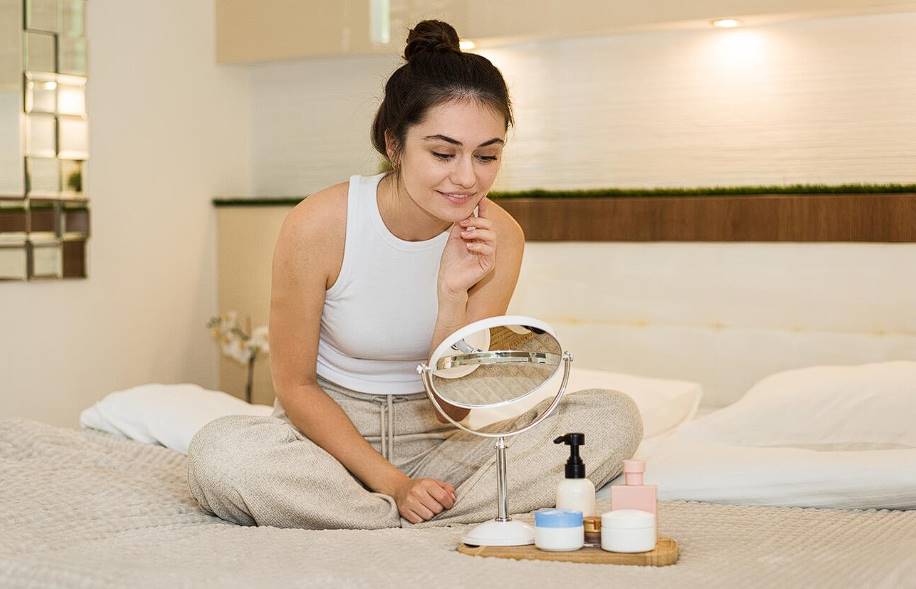
The Importance of Having a Skin Care Routine
You've definitely woken up with smudged eyeliner and mascara at some point if you wear makeup. This has occurred to you more than once if you use makeup. You probably have a skin care routine that you follow while you get ready in the morning and before bed, but every once in a while you might slack off.
Maintaining this regimen is important if you want to look your best each day or get ready quickly for work in the morning, but it's not always feasible. There are several things you should think about in regards to the importance of a healthy skin care routine if you are contemplating sleeping with your makeup on tonight.
First, if you don't take care of your skin properly, you may start to see the first, subtle indications of ageing far earlier than you otherwise would. This entails washing away any dirt or oil on the skin, following up with a toner to prepare the skin, and finishing with a moisturiser.
It might be difficult to spot the early warning signs of skin damage. It's unfortunate that you may not be able to see the true condition of your skin unless you examine it under a microscope.
The skin is the largest organ and the primary barrier between the inside of your body and the outside world. Your skin actively protects the tissues underneath it.
While the idea of viruses and airborne illnesses being warded off by your skin may not be particularly pleasant, it is a fact nonetheless. You can help your skin continue to do its job of safeguarding what's inside of you by taking good care of it every day and every night.
Keeping up with your skin care programme will help your body produce new, healthy skin cells. Dead skin cells gradually exacerbate wrinkles and lines like crow's feet and laugh lines. A good skin care programme will help you keep a young shine by exfoliating away dead skin cells and encouraging the regeneration of healthy cells.
Although skin is tough, it is not impervious to the long-term effects of neglecting your skin. The value of a regular skin care routine can't be overstated, whether your goal is to delay the appearance of wrinkles or just to keep your complexion radiant.
Conclusion
Figure out what kind of skin you have and then pick items that are right for it to make a good skincare routine. The first step is to clean your face with a mild, sulphate-free wash that is right for your skin.
Using a toner after washing can help close up pores and make it easier for products to absorb. The next step is exfoliation, which can be done with chemical or physical exfoliants to make the skin smoother and more effective.
Then, serums and treatments are made to help with specific problems, such as acne, discoloration, and fine lines and wrinkles. Hyaluronic acid or vitamin C are great moisturisers that will work best. After treatments, moisturise to keep the skin soft and protect it from the outside world.
And finally, use sunscreen to protect your skin from damage. Many skin care products can be customised to fit each person's needs, but for the best results, it's best to talk to a professional.
A skincare practise is made up of steps, from starting with clean skin to protecting it at the end. This includes washing, toning, choosing a cream, taking care of your eyes, and fixing problem areas.
Serums should be used twice a day to keep your skin hydrated, while toner is a light cleanser. Taking care of your eyes is very important, and eye creams made just for that can help with morning puffiness.
During healing mode, it's best to use spot treatments every night, especially ones that target acne. Hydration is very important. For morning routines, light products with SPF work best, while night creams with more nutrients are best for dry skin.
Retinoids, which are made from vitamin A, can help with dark spots, acne, and fine lines. Facial creams are important for healthy skin because they seal in the benefits of the steps you've already taken. Protecting yourself from the sun is very important, and a special sunblock is suggested.
A skin care practise is important to keep your skin looking young and stop the first signs of ageing from showing. The skin is the body's biggest organ and main defence against the outside world.
Taking good care of it helps it grow new, healthy cells. Wrinkles and lines can appear on skin that hasn't been taken care of, but a regular beauty routine is necessary to keep skin looking healthy and glowing.
Content Summary
- Crafting an effective skincare routine starts with understanding your skin type.
- Recognise your unique skin concerns to tailor your skincare approach.
- Always prioritise cleansing as the cornerstone of skincare.
- Select a gentle, sulphate-free cleanser to kickstart your regimen.
- Cleansing ensures a receptive canvas for the next skincare steps.
- Follow cleansing with a rejuvenating toner.
- Benefits of toning include minimising pores and enhancing product absorption.
- Exfoliation post-cleansing refines skin texture.
- Exfoliate 2-3 times a week for optimal skin health.
- Consider chemical exfoliants, such as AHAs and BHAs, for deeper exfoliation.
- Physical exfoliants offer manual skin resurfacing.
- Tailor your exfoliation approach to your skin's sensitivity.
- Serums offer targeted treatment for issues like hyperpigmentation and wrinkles.
- Morning routines benefit from antioxidant-rich serums, like vitamin C.
- Hyaluronic acid serums at night offer deep hydration.
- Introduce new treatments with a patch test to gauge skin reactions.
- Every skincare routine requires thorough moisturising.
- Ensure your moisturiser aligns with your skin's oil production.
- Facial oils lock in the benefits of all previous skincare steps.
- Daily sun protection is a non-negotiable step.
- Seek broad-spectrum sunscreens for complete UVA and UVB protection.
- The foundation of any skincare journey begins with cleansing and moisturising.
- Introduce toning as an intermediary step for added skin benefits.
- Personalise your skincare products to your skin type, be it oily, dry or combination.
- Engage with skincare experts to guide your product choices.
- Commence each skincare routine by effectively cleansing your face.
- Utilise micellar water or cleansing oil for makeup removal.
- Glycolic acid in toners offers a nightly exfoliation boost.
- Vitamin C serums impart a radiant morning glow.
- Address morning puffiness with chilled metal roller-ball applicators.
- Retinoids, used at night, tackle dark spots and fine lines.
- Sunscreen remains dermatologists' top recommendation.
- Makeup remnants can compromise skin health if not removed.
- A consistent skincare routine facilitates quicker morning preparations.
- Ageing signs appear prematurely without proper skincare.
- Daily skincare routines remove grime, oil and environmental pollutants.
- Under a microscope, one can truly witness the state of neglected skin.
- The skin plays a vital role in shielding internal tissues.
- Effective skincare fosters the production of healthy skin cells.
- Exfoliating eradicates dead cells, preventing wrinkles and fine lines.
- A youthful glow is maintained through routine skincare.
- The skin, though resilient, needs daily care to sustain its functions.
- Underscore the significance of a consistent skincare routine for lasting radiance.
- Even oily skin requires balanced moisturisation.
- Avoid skincare shortcuts to maintain a youthful complexion.
- Sunscreen prevents the harmful effects of UV rays, including premature ageing.
- An investment in daily skincare is an investment in long-term skin health.
- The synergy of the right skincare products results in a glowing complexion.
- Your skincare routine should be as unique as your skin.
- Regular skincare ensures the skin's continued role as the body's primary protector.
Frequently Asked Questions
A basic skincare routine typically includes cleansing, toning, moisturizing, and sun protection. Cleansing removes dirt and impurities, toning balances the skin's pH, moisturising keeps the skin hydrated, and using sunscreen protects the skin from harmful UV rays. These steps form the foundation of any skincare routine.
Identify your skin type (normal, dry, oily, combination, or sensitive) and choose products formulated for that specific type. For example, individuals with oily skin might benefit from oil-free or gel-based products, while those with dry skin should opt for hydrating and moisturizing products. Reading product labels and understanding your skin's needs is crucial in making the right choice.
The general rule is to apply products in the order of their thickness or consistency. Start with cleansing, followed by toning, then apply serums or treatments (like acne treatments or serums with active ingredients), next is your eye cream, and finally, apply moisturizer and sunscreen during the day. This order allows products to penetrate the skin effectively.
Exfoliation and masks should not be used daily. Exfoliating 2-3 times a week helps remove dead skin cells, promoting skin renewal. Masks can be used 1-2 times a week, addressing specific concerns like hydration or deep cleansing. Overusing these products can irritate the skin, so it's important to follow the recommended frequency.
While a basic skincare routine can be established without professional guidance, consulting a dermatologist is beneficial if you have specific skin concerns or conditions. Dermatologists can provide personalized recommendations, especially if you need specialized treatments or have sensitive skin. Regular check-ups can ensure your routine adapts to your changing skin needs over time.
